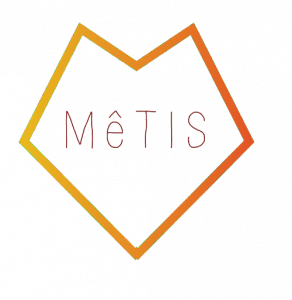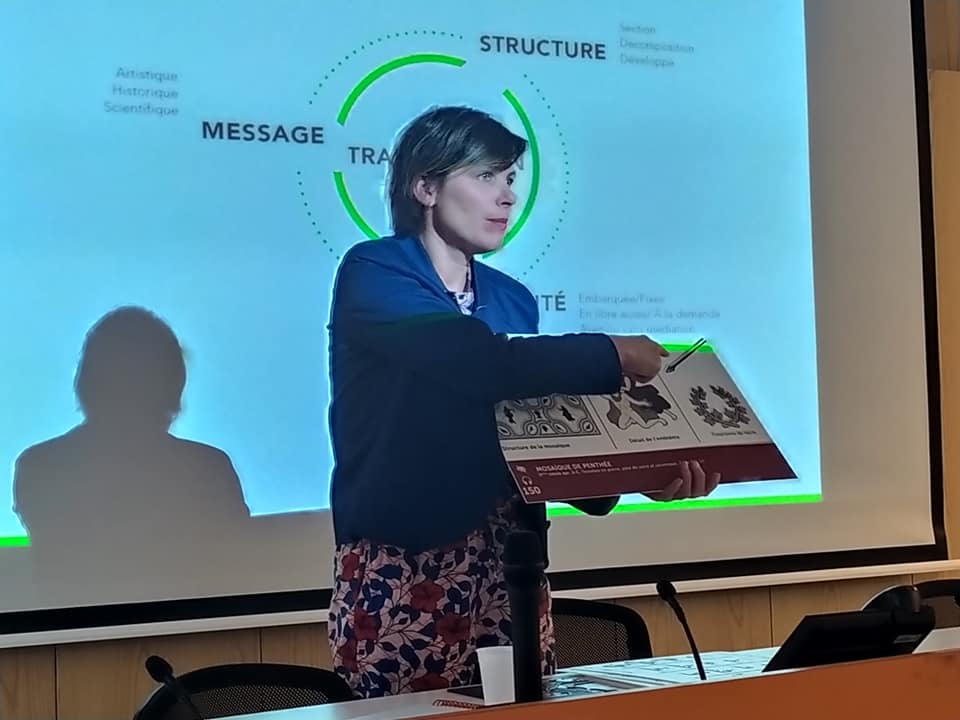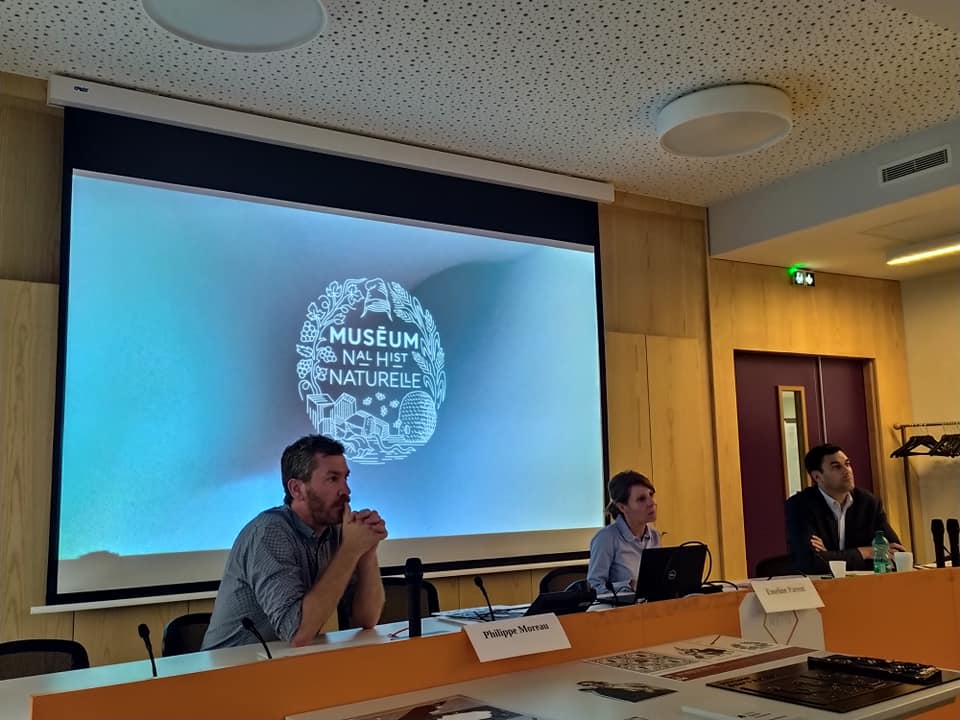R&D
May 17, 2019Tactile Studio & Métis : Museums for all, museums for everyone
A research and action study day, the 5th june 2019, with researchers, museum and accessibility advocates, in Paris.

![]()
To date, the question of disability is often associated spontaneously and exclusively with that of accessibility – more specifically, that of the physical accessibility of spaces. However, the concept of accessibility is progressively widening, with a conceptual shift towards a broader and more global concept: inclusion. This study day aims to allow participants to reflect on and exchange ideas on the subject of this major change, examining specifically new ways in which disability is taken into account in museums, focussed on the concepts of inclusion and universal accessibility, in theory and in practice. The broadening of the concept of accessibility therefore goes hand in hand with the development of inclusion and leads to the re-examination of how accessibility is taken into account in museums: how should accessibility be considered, above and beyond its legal and regulatory aspects? A broad perspective of actual experiences, rather than a series of objectifiable criteria, can be prioritised. In order to fully understand an individual’s experience, it should be seen within a broad social context. The observation and analysis of physical movement (for example) cannot take place without asking why, in what state of mind, with what perspective (of the self, of others, of the space) and with what difficulties a person enters a space.
How are museums to respond to these factors? Are they required to do so, and, if so, how?
This broader way of looking at accessibility is part of a transition in the way disability is perceived, involving every sphere of social life. Through the development of the concept of inclusion, museums take their place within a global societal organisation, taking into account persons who are not part of dominant social norms.


The day
A place for everyone: a movement towards 21st century inclusive and participative museums.
Museums are therefore focussing their response more and more on this consideration of each type of individual and their specific features, centred around the idea of people’s participation.
The objective is to give each person a voice, while bringing a community together. Individuals are perceived as being ever more entitled to take on an active role in building their story (both personal and collective). ‘Inclusive’, ‘participative’ and ‘collaborative’ museums have two objectives: the development of people’s participation (around the idea of community) and individuals’ specific features being recognised, taken into account and given value. The study day will take place as follows:
In the light of these observations, the morning of the research and action study day will be given over to a morning of theoretical considerations around two themes:
1. Museums listening more closely to their visitors? Inclusive and participative museums.
2. Broadening the concept of accessibility in order to take actual experiences into account: towards generalised accessibility, a universal design and spaces which provide agency.
The afternoon will be more ‘practical’, given over to observations on concrete responses in and from museums, and how those responses tie in with the principles of inclusion and universal accessibility
Information
www.metis-lab.com
contact@metis-lab.com
Research and action study day
5 juin 2019
9h30-17h

Sorry, the comment form is closed at this time.